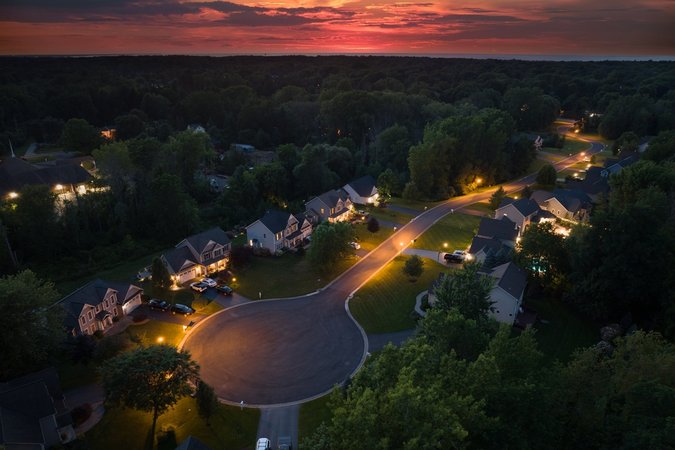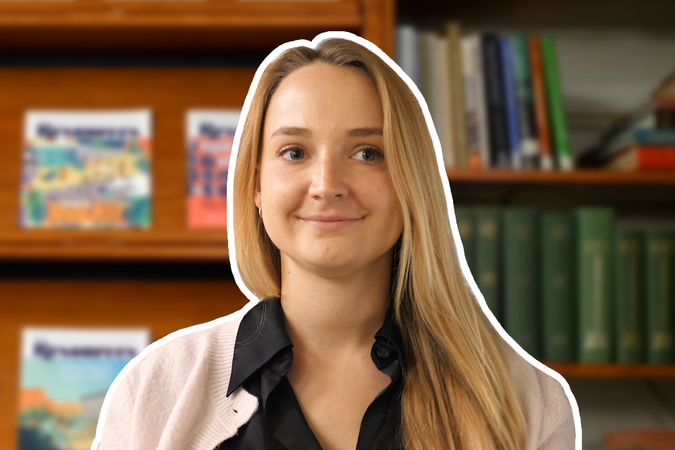IPCC Shares in 2007 Nobel Peace Prize
WASHINGTON - The awarding of the Nobel Peace Prize to the Intergovernmental Panel on Climate Change (IPCC) gives new recognition to a scientific process that Resources for the Future researchers have contributed to for many years.
The 2007 Peace Prize went to the IPCC and former Vice President Al Gore jointly for their efforts, according to the citation, “to build up and disseminate greater knowledge about manmade climate change, and lay the foundations for measures that are needed to counteract such change.”
The IPCC is a structure of working groups involving hundreds of experts who periodically report on the status of knowledge in the many fields that describe the science of climate change, its impacts, and possible responses to it.
Among the RFF researchers who have participated in drafting IPCC reports in the nearly two decades since it was founded are Senior Fellows Alan Krupnick, Roger Sedjo, Billy Pizer, and Dick Morgenstern.
In addition, RFF University Fellows Richard Newell (Duke University), Charles Kolstad (University of California, Santa Barbara), Lawrence Goulder (Stanford University), Robert Stavins (Harvard University), and former Visiting Scholar Joseph Kruger, also served on IPCC working groups.
The current chairman of the IPCC, R.K. Pachauri, also is a former Visiting Scholar at RFF.
Most of RFF’s work on climate change has been on the economic and institutional issues raised by the possible policy responses to it.
Following the Nobel Committee’s October 12 announcement, the co-chairs of IPCC Working Group III, on mitigation, Ogunlade Davidson of Sierra Leone and Bert Metz of The Netherlands, sent their colleagues and contributors, including those at RFF, a letter observing that the prize “makes all of you a Nobel laureate.” They also wrote that “this work has provided the foundation for the current recognition of IPCC as an authoritative voice on the climate system, the impacts of climate change and ways to avoid it. You can all be proud of this achievement.”
The three sections of the IPCC’s Fourth Assessment were published earlier this year. A summary, the Synthesis Report, will appear next month. The successive IPCC assessments have marked the growth of the scientific consensus that the planet’s climate is warming, and that the principal cause is the rising prevalence of gases generated by human activity, primarily carbon dioxide created by burning fossil fuels.
Resources for the Future (RFF) is an independent, nonprofit research institution in Washington, DC. Its mission is to improve environmental, energy, and natural resource decisions through impartial economic research and policy engagement. RFF is committed to being the most widely trusted source of research insights and policy solutions leading to a healthy environment and a thriving economy.
Unless otherwise stated, the views expressed here are those of the individual authors and may differ from those of other RFF experts, its officers, or its directors. RFF does not take positions on specific legislative proposals.
For more information, please see our media resources page or contact Media Relations and Communications Manager Annie Tastet.



